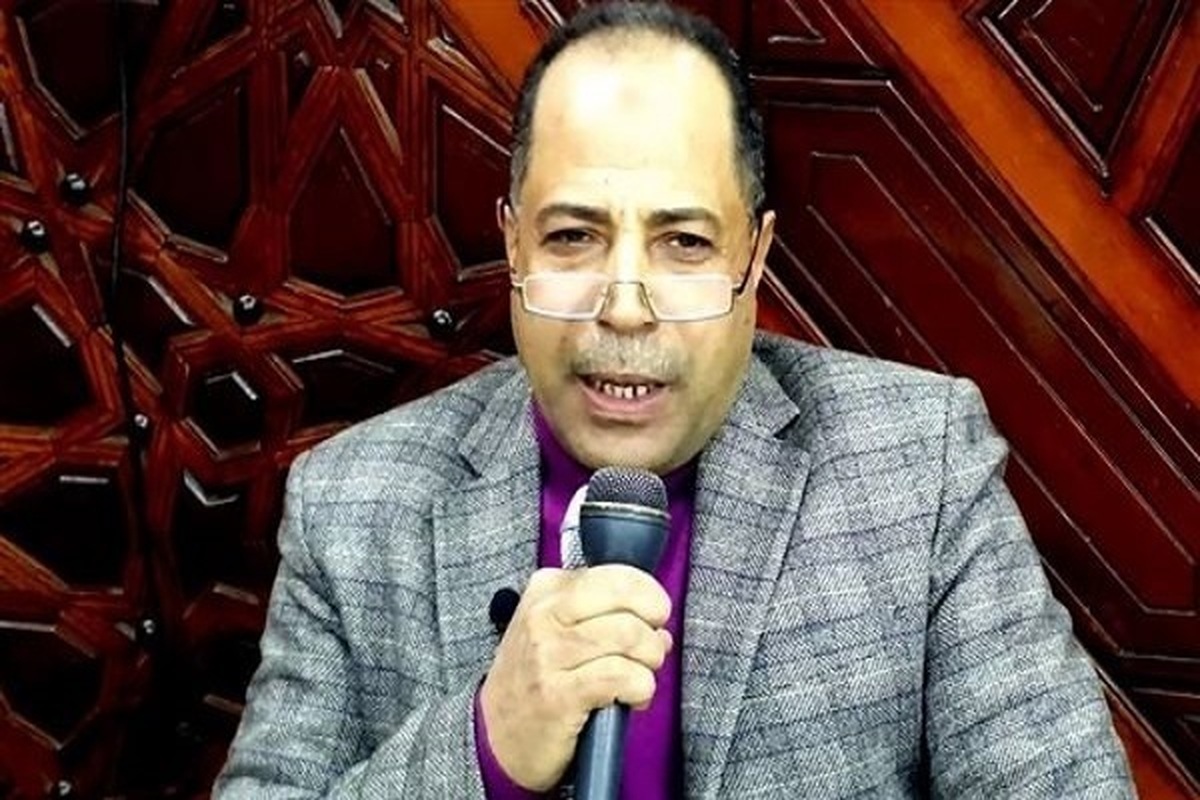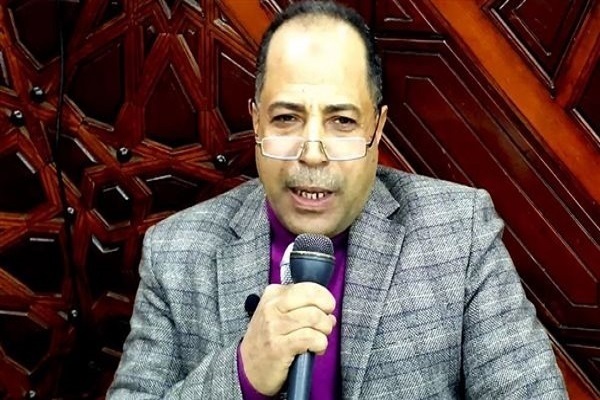Egypt Moves to Regulate Issuing Fatwas with New Law


“Speech is a trust, and issuing fatwas is a great responsibility. Guarding one’s tongue is a necessity,” Duwaidar said during the opening of a training program for journalists at Dar al-Ifta, Egypt’s official fatwa-issuing body.
He emphasized that Egypt is nearing the implementation of a law to organize fatwas, marking a significant step in addressing unregulated religious rulings.
Duwaidar praised the initiative as “an important effort to convey the message of Islam and promote Islamic awareness”.
He also stressed the need for stronger collaboration between religious and media institutions to spread justice worldwide.
Egypt’s House of Representatives has finalized the “Regulation of Religious Fatwas” law, creating a legal framework to oversee fatwas in the country. The law comes in response to a rise in unregulated edicts, which have sparked widespread controversy in Egyptian society.
While the law has been welcomed by Al-Azhar, the Ministry of Awqaf, and the Dar al-Ifta, it has raised concerns among some groups, particularly the Journalists’ Syndicate, which views certain provisions as a threat to press freedom.
According to the proposed law, only authorized bodies—such as the Council of Senior Scholars, Al-Azhar’s Islamic Research Academy, and Dar al-Ifta—can issue public fatwas affecting broader society.
Private fatwas, pertaining to individuals, must be issued by fatwa committees under the Ministry of Awqaf, provided they meet Al-Azhar’s academic criteria.
Read More:
Media outlets are barred from publishing fatwas not issued by these designated bodies. Violators face penalties, including up to six months in prison and fines of up to 100,000 Egyptian pounds.
The government has defended the law as a “national and religious necessity” to bring order to fatwa issuance. It imposes strict qualifications for muftis (Islamic jurists) and aims to prevent misleading or extremist rulings.
4294269



